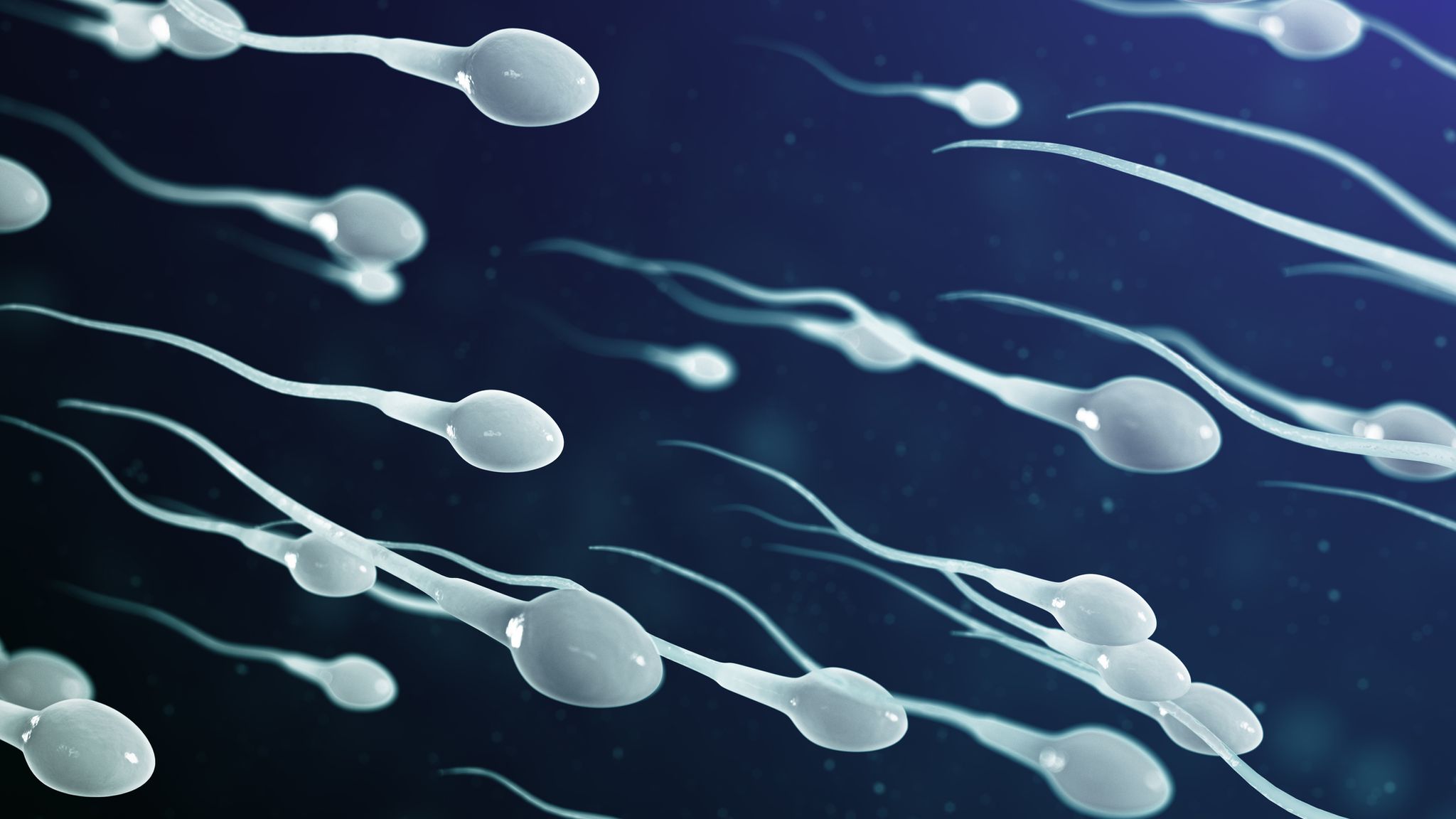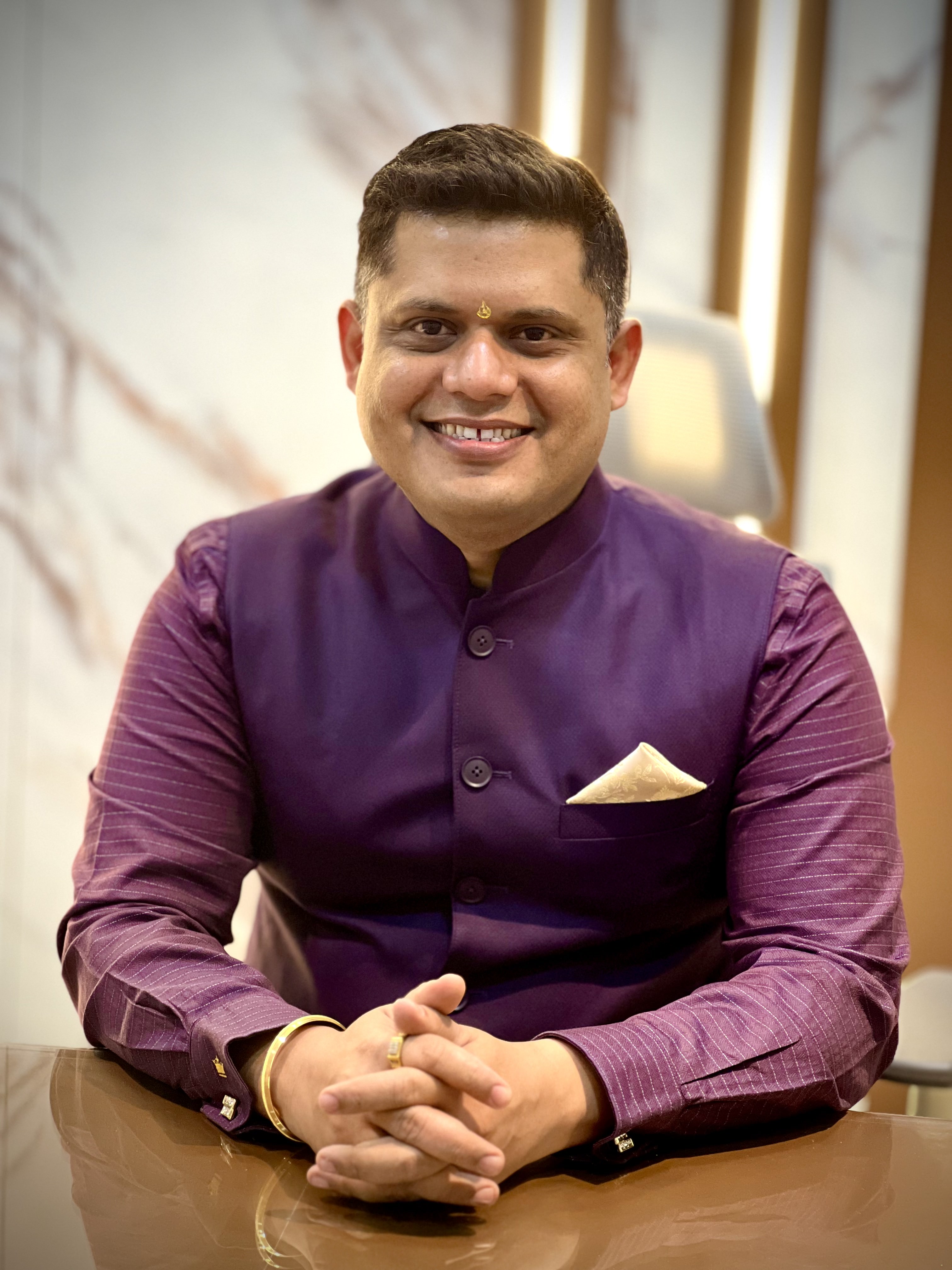Sperm Rejuvenation Therapy (SRT)
Innovative and effective solutions for enhancing sperm quality and male fertility.
What is Sperm Rejuvenation Therapy?
Sperm Rejuvenation Therapy (SRT) at Isha Women’s Hospital is a specialized treatment designed to improve the quality, motility, and overall health of sperm. This innovative therapy is aimed at addressing male factor infertility by creating an optimal environment for sperm to mature and function effectively. By enhancing the viability of the sperm, SRT can significantly increase the chances of fertilization in procedures like ICSI (Intracytoplasmic Sperm Injection), offering new hope to couples on their fertility journey. Our treatment plans are personalized and overseen by Dr. Chinmay Pataki, ensuring every step is guided by expertise and compassionate care.

Who Should Consider Sperm Rejuvenation Therapy?
Men with Poor Sperm Quality
SRT is an ideal solution for men who have been diagnosed with low sperm count (oligozoospermia), poor sperm motility (asthenozoospermia), or abnormal sperm morphology (teratozoospermia).
Patients with Male Factor Infertility
When infertility is linked to issues with the male partner’s sperm, SRT can provide a targeted approach to improve sperm health and increase the chances of a successful pregnancy, especially when combined with advanced ART procedures like ICSI.
The Sperm Rejuvenation Process: How It Works
SRT is a specialized process that aims to improve the health of sperm for use in fertility treatments.
1. Sperm Preparation
A semen sample is collected and processed in our state-of-the-art lab to isolate and concentrate the best quality sperm. This removes seminal fluid and other cellular debris that may harm the sperm.
2. Rejuvenation
The prepared sperm are then treated with a specialized medium containing nutrients and antioxidants. This process helps to reduce oxidative stress, improve motility, and enhance their overall vitality.
3. Use in ART
The rejuvenated sperm are ready to be used in an IVF cycle with ICSI. This targeted approach increases the chances of successful fertilization and a viable embryo.
Success Rates & Factors Affecting Outcomes
Success & Effectiveness
Sperm Rejuvenation Therapy is a promising approach for improving the quality of sperm before an ART procedure. By enhancing sperm motility and reducing DNA damage, it can significantly improve fertilization rates and lead to better embryo development, thereby increasing the overall success of an IVF/ICSI cycle.
Factors that affect the success of SRT include the severity of the initial sperm issue, the age and health of the male partner, and the quality of the female partner's eggs. Our team provides a personalized assessment to give you a clear understanding of your specific chances.
Risks & Limitations of SRT
SRT is a non-invasive, low-risk procedure. The primary limitation is that it cannot fix all causes of male infertility. For cases involving zero sperm count or complete blockages, other procedures like TESA or Micro-TESA would be necessary. SRT is a preparatory step to maximize the potential of existing sperm, but it does not guarantee a pregnancy.
We believe in complete transparency and will discuss all risks, benefits, and possibilities with you during your consultation to help you make an informed decision.
Cost of Sperm Rejuvenation Therapy in Dombivli
The cost of Sperm Rejuvenation Therapy can vary depending on individual needs and whether it is performed as part of a larger IVF/ICSI cycle. We are committed to providing a transparent cost breakdown during your initial consultation, ensuring you have a clear understanding of all the financial aspects of your treatment plan.
The Isha Advantage: Why Our Sperm Rejuvenation Therapy Stands Out
Our innovative approach and specialized lab technology provide a distinct advantage in treating male infertility.
Specialized Male Fertility Expertise
Our team, led by Dr. Chinmay Pataki, has a deep understanding of male factor infertility, ensuring an accurate diagnosis and an effective treatment plan tailored to your needs.
State-of-the-Art Embryology Lab
We utilize a cutting-edge lab equipped with advanced technologies to meticulously process and rejuvenate sperm samples, maximizing their potential for fertilization.
Comprehensive & Holistic Care
We provide holistic support that addresses not only the physical aspects of treatment but also the emotional and psychological well-being of both partners throughout the journey.
High Success with ICSI
By improving sperm quality before an ICSI cycle, our therapy significantly enhances the chances of successful fertilization and, ultimately, a healthy pregnancy.
Meet Our Founder & Leading Specialist

Dr. Chinmay Pataki
M.D GYNEC, IVF Specialist
Dr. Chinmay Pataki, the founder of Isha Women's Hospital, is a renowned specialist in fertility, gynecologic laparoscopy, and high-risk pregnancies. His journey is marked by excellence, including being a university rank holder and a Gold Medalist in M.D. Gynecology.
He has trained at world-class institutions, including Weill Cornell Medical College in New York for male infertility and Micro-TESA for zero sperm count, and in Germany and Italy for advanced laparoscopic surgeries. With over 10,000+ IVF cycles and 15,000+ laparoscopies to his name, Dr. Pataki's expertise ensures that you are in the most capable hands. He is a true pioneer in reproductive healthcare, dedicated to helping both women and men on their path to parenthood.
Frequently Asked Questions
What is Azoospermia?
Azoospermia is a condition where there is no sperm present in the ejaculate. It is a cause of male infertility that TESA can help address by surgically retrieving sperm directly from the testes.
How is TESA different from a traditional testicular biopsy?
While both procedures retrieve testicular tissue, TESA is a targeted aspiration procedure that is less invasive than a traditional biopsy. It is designed to minimize tissue disruption and speed up recovery time.
Is TESA painful?
TESA is performed under local anesthesia, so you will not feel any pain during the procedure. After the surgery, you may experience some minor discomfort, which can be managed with medication prescribed by our team.
What is the success rate of TESA?
The success rate of TESA depends on the underlying cause of infertility. However, for men with obstructive azoospermia, TESA has a very high success rate in retrieving viable sperm.
What happens if TESA is unsuccessful?
In cases where TESA does not retrieve viable sperm, it may indicate a more complex issue, such as non-obstructive azoospermia. In such situations, our specialists may recommend a more advanced procedure like **Micro-TESA**.
Is TESA a one-time procedure?
TESA is performed to retrieve sperm for a fresh IVF/ICSI cycle. However, if excess sperm is retrieved, it can be frozen for use in future cycles, eliminating the need for another retrieval procedure.
Is TESA the same as Micro-TESE?
No, TESA and Micro-TESE are different procedures. TESA is a simpler, less invasive aspiration procedure. Micro-TESE is a more complex microsurgical procedure performed with a high-powered microscope, typically reserved for cases where sperm is not found with TESA.
What is the recovery time after TESA?
Recovery from TESA is quick, typically lasting only a few days. Patients can usually resume normal, non-strenuous activities within 24 to 48 hours. Our team will provide you with detailed post-operative care instructions.
Hear From Our Happy Families
Ready to Start Your Journey to Fatherhood?
Schedule a consultation to discuss if TESA is the right option for your fertility journey.
Book a Consultation